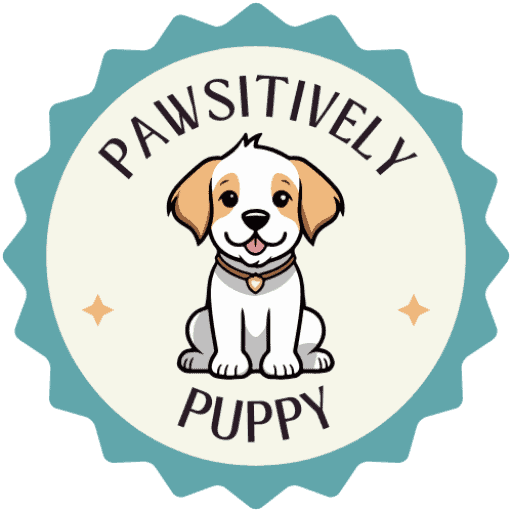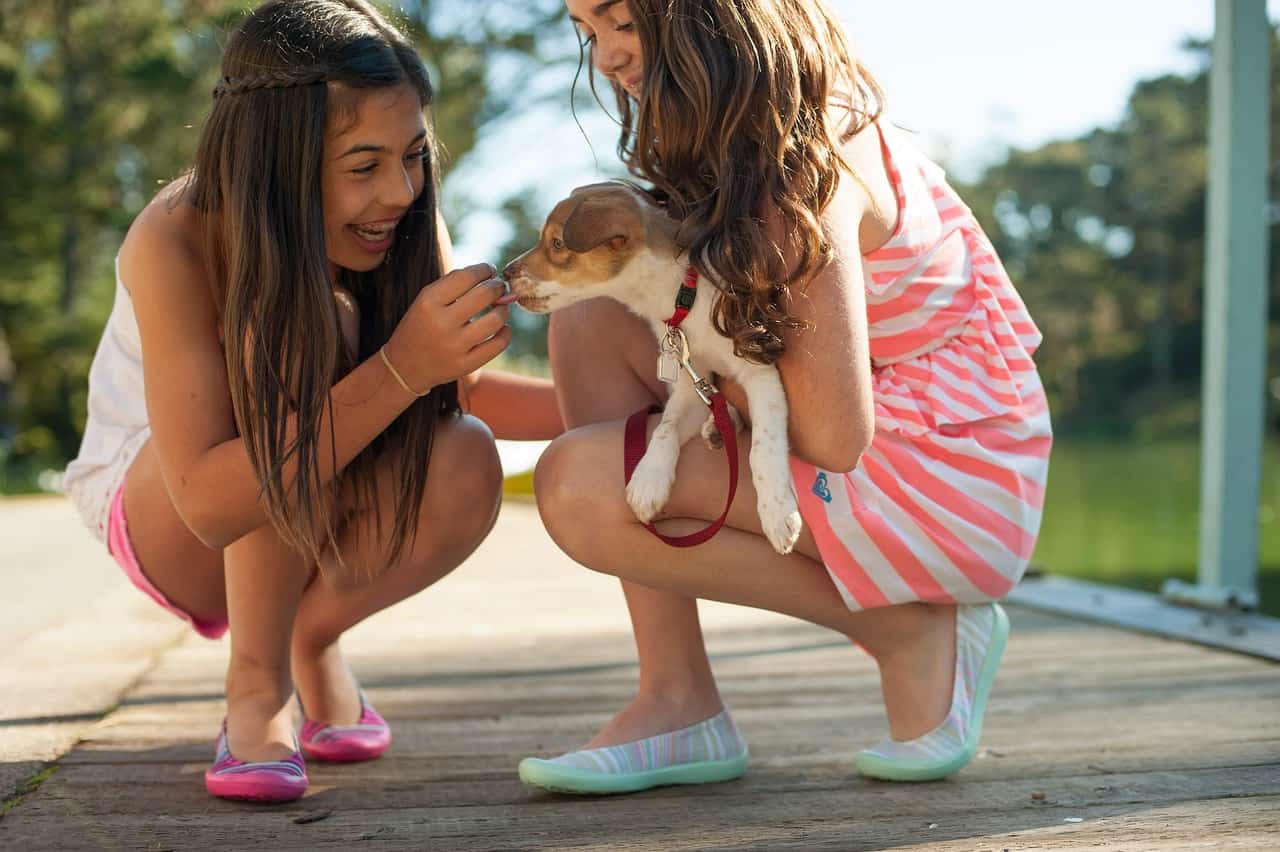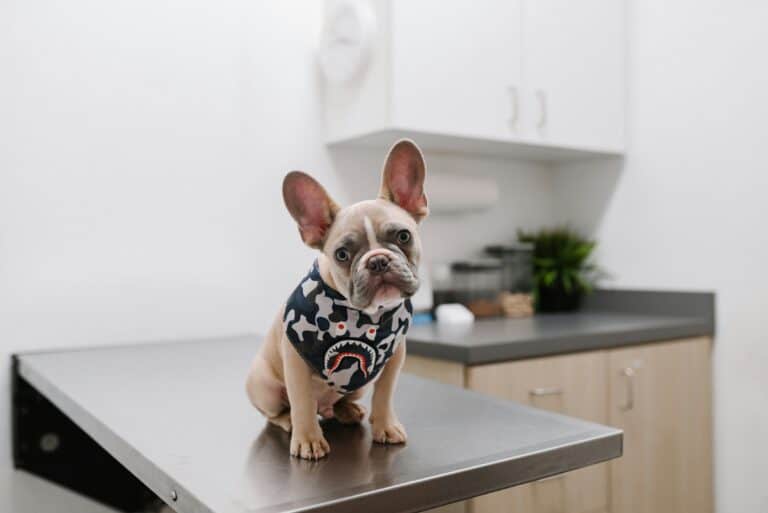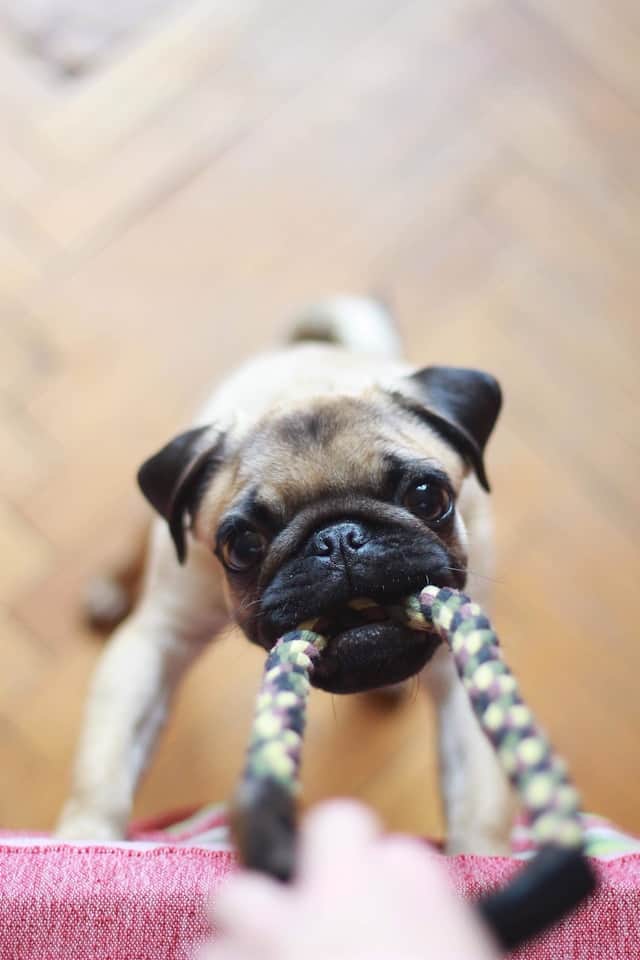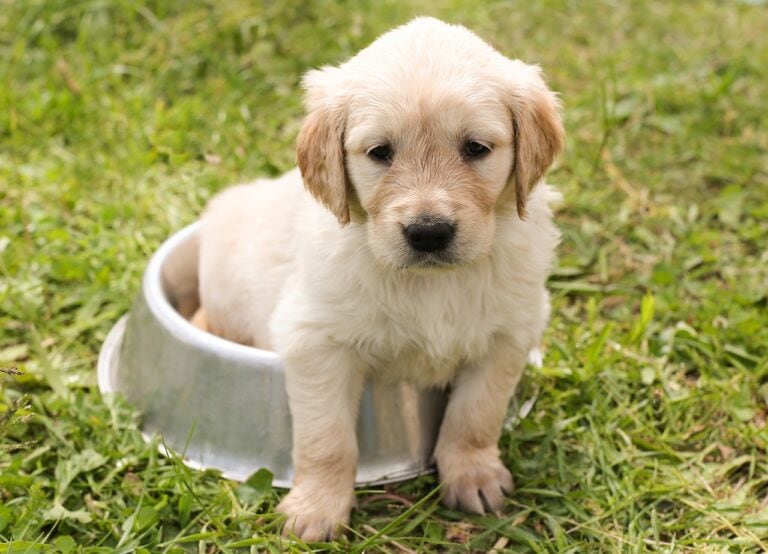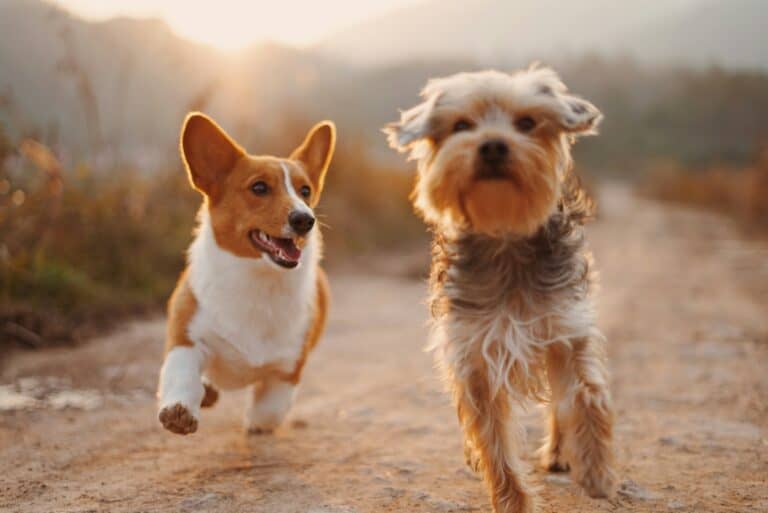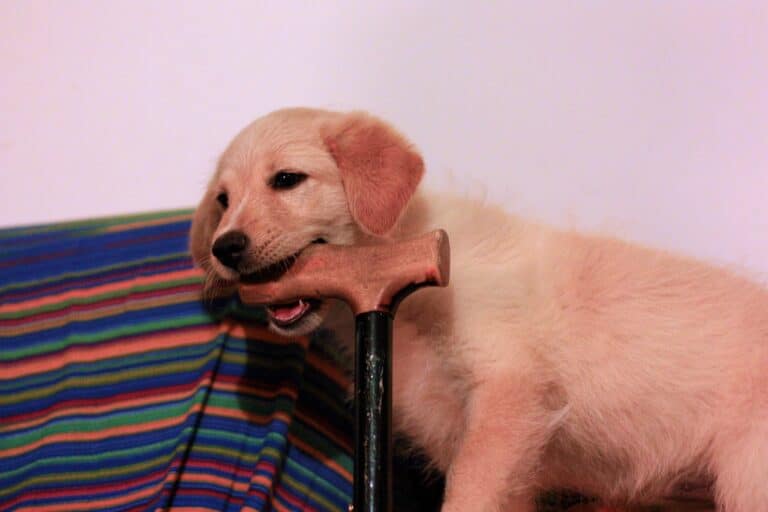Socializing Your Puppy: Why It’s Essential and How to Do It Right
Bringing a new puppy into your home is an exciting journey filled with joy and new challenges. Among these challenges, socialization stands out as one of the most critical aspects of early puppy care. Socializing your puppy involves exposing them to a variety of people, animals, environments, and experiences during their formative weeks and months. This process is vital for developing a well-adjusted, confident, and happy adult dog that can handle new situations with ease. In this guide, we’ll explore the why and how of proper puppy socialization, ensuring your furry friend grows up to be the best companion possible.
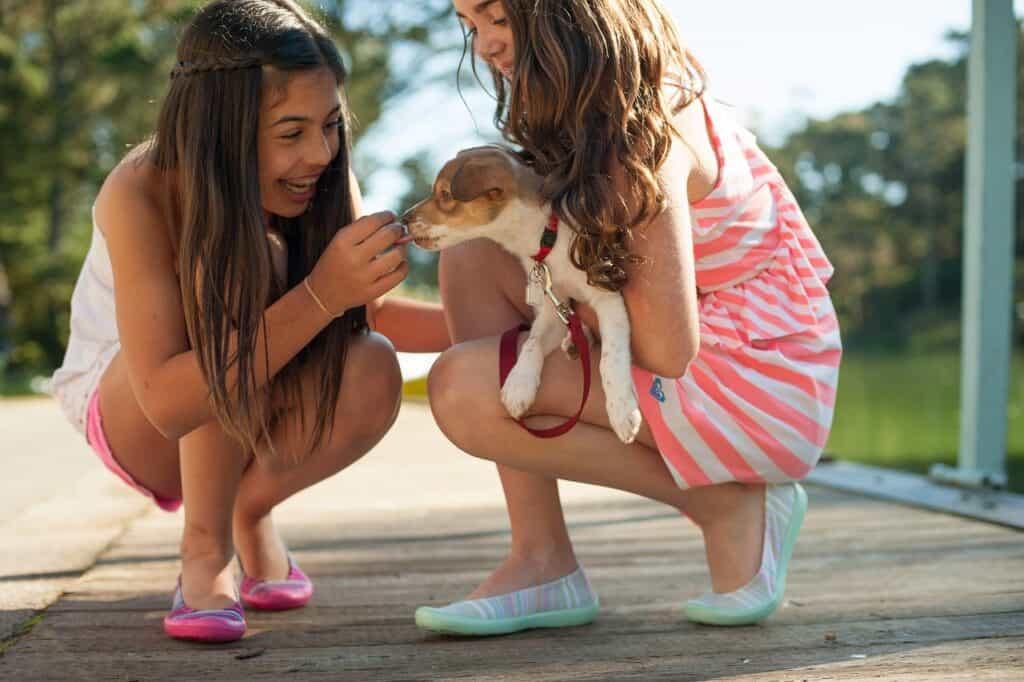
Why Socialization is Crucial
Building Confidence: Socialization helps puppies grow into confident dogs who are comfortable, rather than fearful, in various situations. This confidence prevents anxiety-related behaviors, making for a happier dog and owner.
Preventing Behavioral Issues: Many behavioral issues in dogs, including aggression and fearfulness, stem from inadequate socialization. Introducing your puppy to a wide range of experiences early on reduces the risk of such issues developing.
Enhancing Adaptability: Well-socialized puppies are more adaptable to changes in their environment and routine, making them more resilient to stress throughout their lives.
How to Socialize Your Puppy Right
- Start Early and Go Slowly: The prime socialization period for puppies is between 3 and 14 weeks of age, but it’s important to continue socialization beyond this. Introduce new experiences gradually to avoid overwhelming your pup.
- Plan Diverse Experiences: Expose your puppy to different people, pets, places, and situations. Include various sounds, surfaces, and activities in their socialization plan. Remember, positive experiences are key; every new interaction should be enjoyable for your puppy.
- Puppy Classes: Enroll in puppy classes that offer socialization as part of their curriculum. These classes provide a safe and controlled environment for your puppy to meet other dogs and people.
- Safe Introductions to Other Pets: Introduce your puppy to other vaccinated, well-behaved pets. Supervise interactions closely and keep them short and positive.
- Handling and Grooming: Regularly handle your puppy’s paws, ears, and mouth, and introduce grooming routines early. This prepares them for vet visits and grooming appointments.
- Visit New Environments: Take your puppy to new places like parks (once fully vaccinated), pet-friendly stores, and friends’ houses to expose them to different environments and sounds.
Important Considerations
- Safety First: Until your puppy is fully vaccinated, avoid places where unvaccinated dogs may have been. You can carry your puppy in public places or use a pet stroller to keep them safe while still exposing them to new sights and sounds.
- Observe Your Puppy’s Reactions: Pay attention to your puppy’s body language. If they seem scared or overwhelmed, give them a break and try again later. Socialization should be a positive experience.
- Be Patient and Consistent: Socialization is a process, not a one-time event. Consistency and patience are key to successfully socializing your puppy.
Socializing your puppy is an investment in their future happiness and wellbeing. By exposing them to a variety of experiences in a positive and controlled manner, you’re helping them develop into well-adjusted, confident dogs. Remember, the goal of socialization is to introduce your puppy to the wide world in a safe, positive way, laying the foundation for a lifetime of adventure and companionship together. Embrace this special time with your puppy, and enjoy the journey of discovery that socialization brings.
FAQs
- Q: How can I socialize my puppy if they’re not fully vaccinated?
- A: Focus on safe environments where the risk of disease transmission is low. Socialize at home with vaccinated, healthy pets of friends or family, and introduce your puppy to new sounds, objects, and experiences within the safety of your home. Puppy classes that require proof of vaccination and are held in clean environments are also a great option.
- Q: Is there such a thing as too much socialization?
- A: While socialization is crucial, it’s important to avoid overwhelming your puppy. Pay attention to their cues. If they seem stressed or fatigued, give them a break. Quality of experiences often matters more than quantity.
- Q: What do I do if my puppy seems scared during socialization?
- A: If your puppy appears scared, don’t force the interaction. Remove them from the situation calmly and try again later, possibly in a more controlled or quieter environment. Positive reinforcement and patience are key.
Interesting External Links
- American Veterinary Medical Association (AVMA) – Socialization in Dogs: Provides detailed guidelines on safely socializing puppies, emphasizing the importance of timing and disease prevention. https://www.avma.org/resources-tools/animal-health-and-welfare/socialization-dogs-and-cats
- The Kennel Club UK – Puppy Socialisation: A comprehensive guide from The Kennel Club UK, detailing a week-by-week socialization plan for puppies, covering a wide range of experiences and environments. https://www.thekennelclub.org.uk/dog-training/getting-started-in-dog-training/dog-training-and-games/how-do-i-socialise-my-dog/
- Puppy Culture: For those looking for a more structured approach, Puppy Culture offers a variety of resources, including videos and articles, on socializing puppies based on the latest scientific research. https://www.puppyculture.com/
